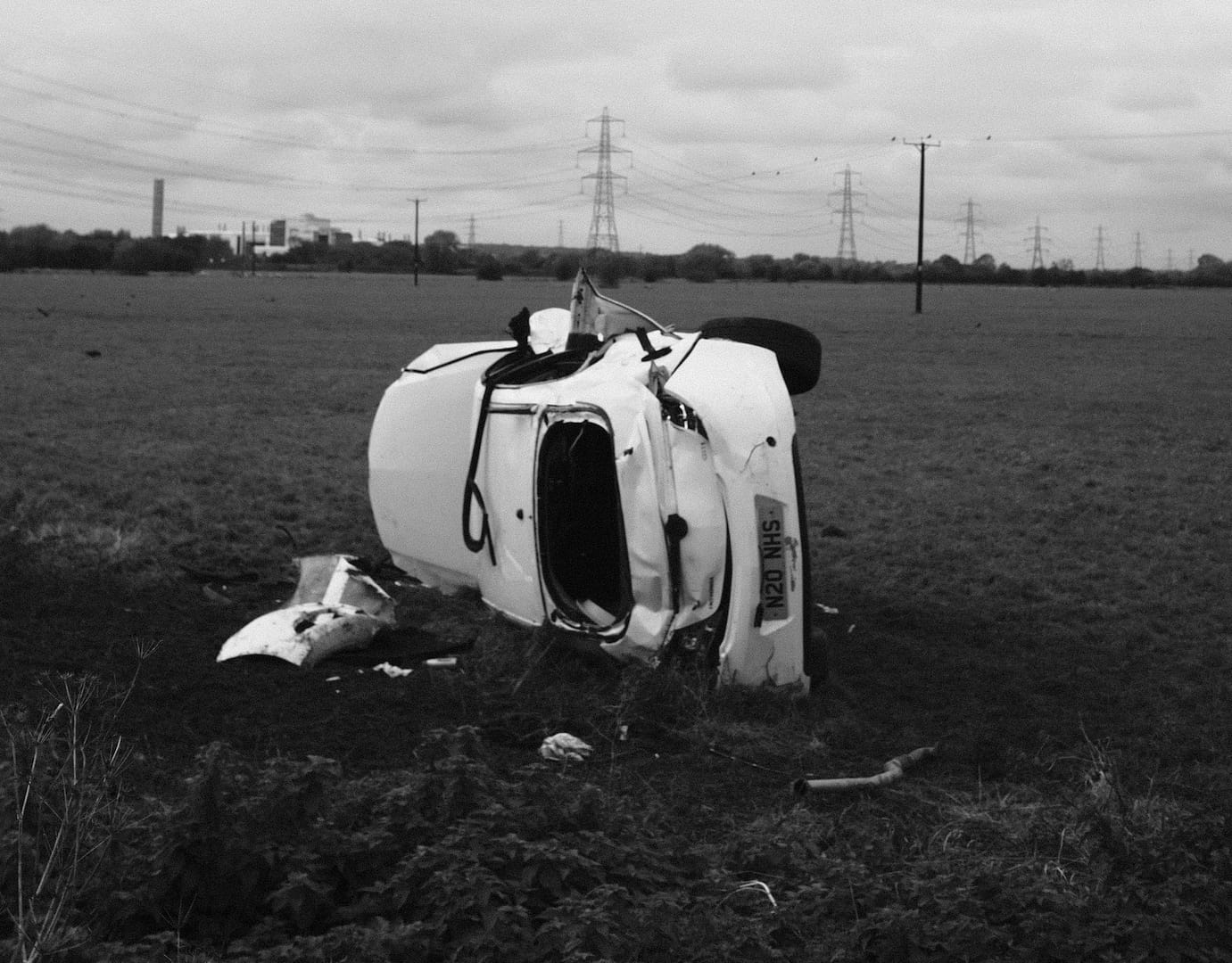Accidents can happen anywhere, even in the seemingly safest of environments like our workplaces. When you find yourself injured due to an accident at work, it’s natural to have concerns about how to address the situation and what your rights are. This article aims to shed light on the topic of your employer’s rights when making an accident at work claim, providing you with valuable insights into the legal landscape and what you can expect.
Can My Employer Sack Me for Making a Claim?
One of the pressing questions that might arise when contemplating an accident at work claim is whether your employer has the right to terminate your employment if you decide to pursue such a claim. The good news is that your employer cannot legally dismiss you solely because you’ve chosen to make a claim for the injuries you sustained while on the job.
Protection Against Unfair Dismissal
Under employment law regulations in many countries, employees are protected against unfair dismissal. If your employer were to sack you as a direct consequence of filing an accident at work claim, it could potentially be classified as unfair dismissal. However, it’s essential to remember that unfair dismissal claims usually require you to have completed a minimum period of service with the company, which can vary by jurisdiction.
Retaliation and Whistleblower Protection
Making a claim for an accident at work falls within your rights as an employee. In many jurisdictions, there are also laws in place to protect whistleblowers and employees from retaliation by their employers. These laws are designed to encourage open reporting of workplace accidents and unsafe conditions without fear of retribution.
Are Employers Liable for Workplace Accidents?
When an accident occurs in the workplace, it’s reasonable to wonder whether your employer holds any liability for the incident. The extent of an employer’s liability can vary based on factors such as the nature of the accident, the working conditions, and the adherence to safety regulations.
Duty of Care
Employers typically have a legal duty of care towards their employees. This means they are responsible for providing a safe and secure working environment. They should take reasonable steps to prevent accidents and minimize risks. This includes ensuring that proper safety protocols are in place, providing necessary training, and maintaining equipment in good working order.
Negligence and Liability
If an accident occurs due to the employer’s negligence or failure to uphold their duty of care, they could be held liable for the injuries you sustained. For instance, if your employer failed to repair faulty machinery promptly, leading to an accident, they might be deemed negligent.
Contributory Negligence
It’s important to note that in some cases, an accident could be the result of a combination of factors, including your own actions. This concept is referred to as contributory negligence. If it’s determined that your actions contributed to the accident, it might impact the extent to which your employer is held liable.
Making an Accident at Work Claim
Prompt Reporting
As soon as an accident occurs, it’s essential to report it to your employer or supervisor. Many workplaces have specific procedures in place for reporting accidents and incidents. Timely reporting can help establish the validity of your claim.
Medical Attention
Seek medical attention for your injuries promptly. Your health and well-being are paramount. Additionally, obtaining medical documentation of your injuries is essential for your claim.
Filing the Claim
Depending on your jurisdiction, you may need to file a formal claim with your employer, their insurance provider, or a relevant government agency. It’s advisable to consult with National Claims to start your claim. Our claims specialists will guide you through the entire claims process.
Documentation
Keep thorough records of everything related to your accident and subsequent claim. This includes medical records, correspondence with your employer, and any evidence that supports your case.
Cooperation
Throughout the claim process, it’s important to cooperate with your employer, insurance companies, and National Claims involved. Providing accurate information and participating in the process can help expedite your claim.

Conclusion
In conclusion, when you’re faced with an accident at work, it’s crucial to be aware of your employer’s rights and your own rights as an employee. Your employer cannot legally sack you solely for making an accident at work claim, and they have a responsibility to provide a safe working environment. However, the intricacies of liability can vary based on circumstances.
Remember, the process of making a claim involves prompt reporting, seeking medical attention, and following the proper procedures for filing a claim. By understanding your rights and responsibilities, you can navigate this process more confidently and effectively.
Always keep in mind that seeking professional legal guidance or consultation is highly recommended when dealing with complex matters such as workplace accidents and claims. Each jurisdiction may have specific laws and regulations that could impact your case.
Contact us to start your claim with us today and be put in touch with one of our claims specialists.
Click below to see why we are one of the most trusted claims management companies in the UK.

We’re proud of our excellent customer reviews
We thrive on delivering exceptional service and ensuring our clients’ satisfaction. Don’t just take our word for it. Check out some of our independent reviews to see what our clients have to say.
Excellent

This firm is excellent, they sorted out my car pay out and injury claim very fast, they always communicate with you all the time.

My accident case was dealt with confidence and with great result of the outcome, especially James kept me informed all the time.

I was very impressed at the way my inquiry was treated. I was listened to attentively and everything I needed to know was explained to me.






